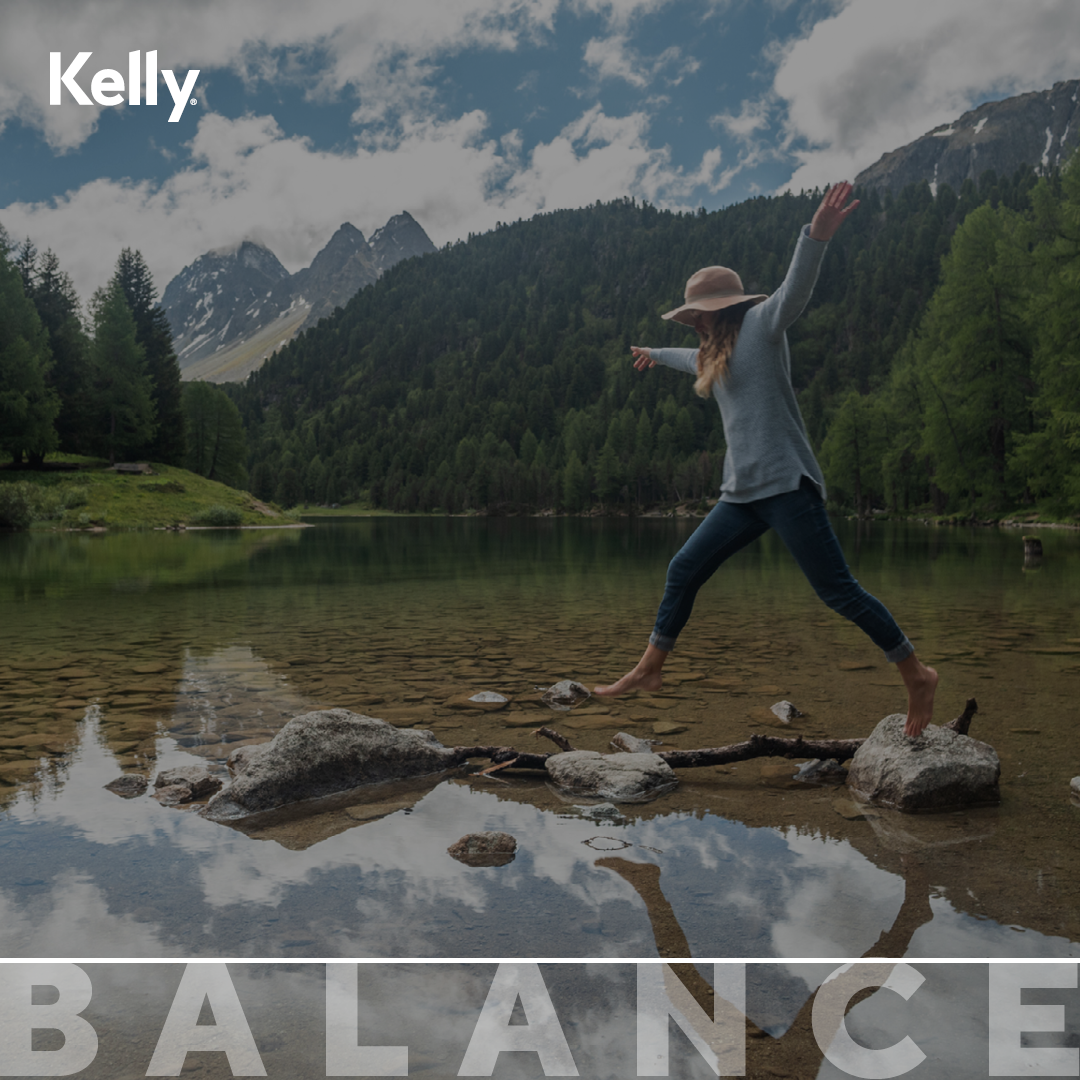
No matter how much we appreciate our home and workplace, returning from vacation can be brutal—like a case of the Sunday Scaries on steroids.
But re-entry need not be panic-inducing says Amanda Crowell, a cognitive psychologist and improvement coach. Here, we’ve supplemented tried-and-true methods with Crowell’s pro tips to bring you a guide to taking—and returning from—a vacation feeling clear and refreshed (no supply closet necessary).
Before you leave: Think about your return: “Before you even go on your vacation, set it up for success,” says Crowell.
Most importantly, schedule your return home at least one day before you absolutely must. If you go back to work on Monday, try to get home on Saturday instead of Sunday. This will give you a little time to get past any jet lag and provide the all-important “buffer time.”
Visualize the place you want to come home to. It probably includes clean linens and a sink empty of dirty dishes. If you use a housekeeping service, schedule a visit for while you’re away, so that you come back to a spotless house. Maybe there’s even something to eat in the freezer, or a pre-scheduled grocery delivery for soon after you return.
And you can do something similar for your desk at work. Will a to-do list be helpful after your time away? If so, jot one down. Set an out-of-office reply with your return date. (No shame in setting it for a day or two later than you actually get back, to give yourself some breathing room.) Make any necessary arrangements to make sure your colleagues’ needs are met in your absence, so requests don’t pile up while you’re away. Don’t tell them to call or email if anything comes up; instead, provide them with the tools they need to keep working while you are away and unplugged.
“Be very serious with your people that you really aren’t available,” says Crowell.
During your vacation: unplug, unplug, unplug
There are plenty of reasons to vacation like it’s 1999. Perhaps the best one is that giving devices a break helps do the same thing for your brain.
Crowell described an effect called “ego fatigue” as the cumulative mental burnout we experience when we make lots of decisions without giving our brains the chance to recharge. Eventually, that takes a toll on our memories, mental clarity, and productivity.
“If a vacation is done well, it gives your ego all this extra time to refuel, by not trying to manage your brain, not trying to be on task, not trying to maintain the sort of memory trails that you maintain when you’re at work,” says Crowell. ”The problem is that people go on vacation and they feel guilty about it. They don’t seem to recognize that the vacation is serving their business, and their productivity, and their success at their work. So they’ll check their email once a day, or they’ll take a quick call, or they’ll be thinking about work.”
That’s counterproductive. Stepping away from the devices is the best way to build up the mental stores we need, Crowell says: “Read a book. Look at a magazine. Try your very best to be bored.”
This mental rest helps produce one of a true vacation’s greatest gifts—some new perspective on your regular life. “It’s not like your brain is empty when you’re bored,” Crowell says. “It’s rifling through thoughts, it’s making connections, it’s seeing patterns. That’s what a brain does when it’s ‘at rest.’ It’s actually very active.”
That perspective can lead to life shifts large and small, says Crowell. Maybe you’ll realize you want to have a second child, or find a new job. Or maybe you just want to spend less time on Facebook.
Upon your return: clarity, intention, and, of course, laundry
Once you’re home, use your buffer time—that extra day between vacation ending and starting work that you’ve ideally scheduled—to make good on that well-earned perspective. Of course, unpacking, laundry, and meal-planning will help set you up for the week ahead. But this is also in itself a useful moment to reflect.
“Give yourself a little bit of time to get yourself back in the headspace of your work,” says Crowell. “Remind yourself what it is you’re doing at the job…why you like it, what you need to be doing.” This will help you prioritize for your first day back at the office, when many people and messages will likely be competing for your attention.
Before our return flight boarded, my boyfriend and I took twenty minutes to write down what we did each day on vacation. It not only made me feel like our trip lasted longer—we did so much!—but it also eased a bit of that “Where did the time go?” feeling.
Back in the grind: retain your vacation serenity
I found my first week back a good time to form some new habits and implement the fresh perspective I gained on my trip.
“[A good vacation] pulls you back a little bit, from the day-to-day grind,” says Crowell. “And allows you to say: ‘You know, am I balancing my time the way my values dictate that I should? Am I spending enough time with my kids? Am I getting enough exercise? Am I getting enough sleep?’ It allows you the space to make plans to do something differently.”
Perhaps the smartest thing I did differently when I returned from my vacation was to arrange in advance for lunch with a favorite colleague on Monday. I’m also a big fan of the timed ”Pomodoro Method” for getting things done when I’m overwhelmed, and I had great success with this online timer—which counts down 25-minute work intervals and five-minute breaks—during my first week back. I’ve also been trying out the “bullet journal” system of to-do lists so many swear by.
But I’ve been taking it easy, too. ”Don’t spend your first day back in the office flat-out, because it’s going to feel a little like culture shock,” says Crowell. ”Take a walk in the afternoon, so that you can maintain a little bit of that sense of rest. Frankly, I think that’s what you should be doing all the time.”
Full article: https://qz.com/753435/come-back-on-a-saturday-ways-to-make-your-vacation-reentry-stress-free-and-efficient/







